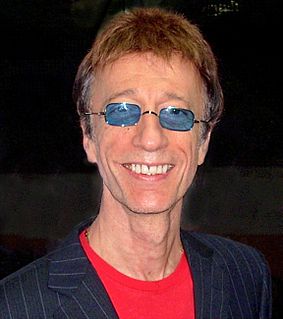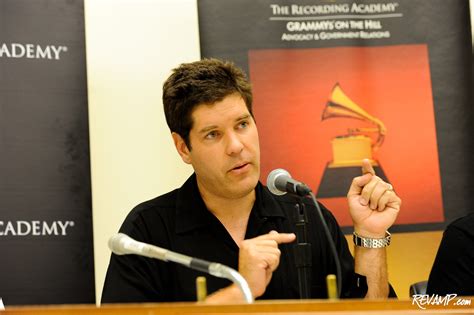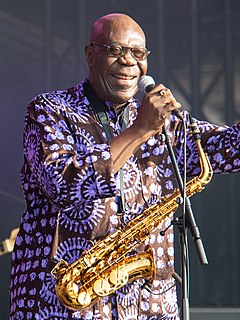A Quote by Rubina Dilaik
As I have always said, an artist's existence and identity are only because of the audience.
Related Quotes
Society takes what it wants. The artist himself does not count, because there is no actual existence for the work of art. The work of art is always based on the two poles of the onlooker and the maker, and the spark that comes from the bipolar action gives birth to something - like electricity. But the onlooker has the last word, and it is always posterity that makes the masterpiece. The artist should not concern himself with this, because it has nothing to do with him.
Identity is a very difficult thing in the theatre. As an actor said to me one day, 'What are we doing today?' when we were doing a workshop. And I said, 'Oh, just be yourself'. And he said to me, 'I don't know who that is, I'm an actor'. And I begin to realise in fact that we seek identity because we're told we should have one, but I wonder whether it's necessary.
I think historically there have always been new ways to find an artist. From seeing somebody in a club traditionally to running across them on YouTube, it's always shifting. But the age-old thing holds true: Is the artist unique? Are they talented? And can they communicate? Can they actually reach an audience and hold their attention?
Well you can see that I'm still in motion. It happens that you share the music with the audience. That is the best happiness an artist can have. I'm not alone on stage but with a group of musicians. So the more the music is successful, the more the audience feel happy about the music. It's the responsiblity of an artist to make his fans happy. That is proposition. I'm always talking about proposition.
I feel like I spent so much time trying to understand my identity and my identity as an artist. But when all is said and done, at this age, I feel the most like I felt when I was 11. And all those talents I had when I was 11 and 12 - I'm letting them sort of happen again. I can't speak for men, but for women - we go back to a kind of pre-adolescent state when we were superfree and supercool.



































